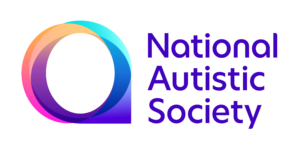Who are we?
Autism in Affinity spaces is a research project based at Queen Mary University of London and funded by the Wellcome Trust through Discovery Award. It combines approaches in linguistics and critical autism studies to explore how autistic young people engage in interest-driven online groups. The project team involves autistic and non-autistic researchers, community partners, and a steering group of young people.
Project team
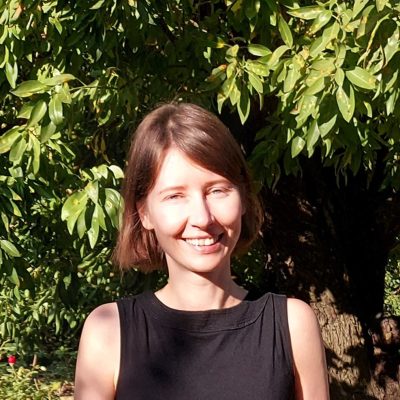
Nelya is Professor of Language and Communication at Queen Mary University of London, and the project lead.
She is interested in developing theories and methods that help us understand how people construct identities when they use media technologies. This research lies at the intersection of several disciplines such as applied linguistics, visual studies, human computer interaction, and social psychology, and helps us to grasp how creativity, the unwritten rules of online behaviour, and the capabilities of technology all work together. This understanding is important for making online spaces welcoming for everyone.
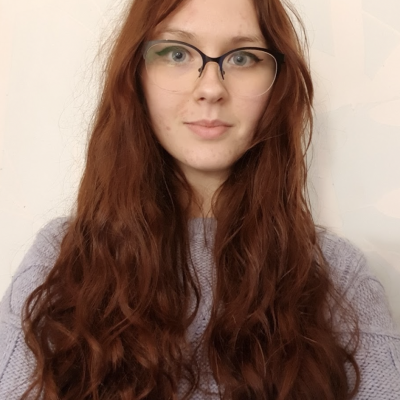
Jessica Aiston is a postdoctoral researcher on the project. She is interested in how people use language on social media to construct their identities, especially relating to gender, sexuality, and neurodiversity, but also how communication on social media can be discriminatory or exclusionary to others.
She completed her PhD in Linguistics at Lancaster University in 2023, where her thesis investigated sexist language on Reddit.
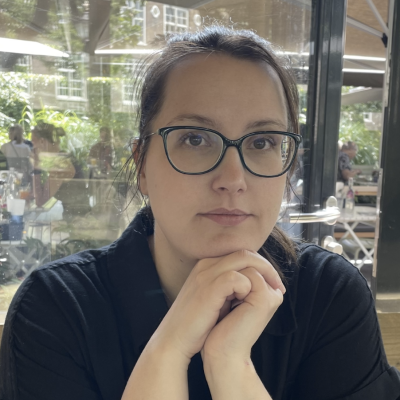
Dr Martine van Driel is an Assistant Professor in English Language and Communication at the University of Birmingham, and a collaborator on the project. Her research connects digital media and autistic communication, focused primarily on online interactions. The driving force behind her research and teaching activities is to make the world more autism-friendly by changing neurotypical approaches and people. Her work is often done in interdisciplinary teams with people from areas such as human-computer interaction, psychology, and neuroscience.
Martine is autistic and has ADHD.
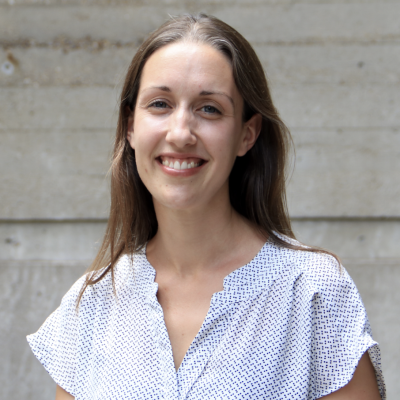
Prof Laura Crane is Professor of Autism Studies and Director of the Director of the Autism Centre for Education and Research (ACER) at University of Birmingham. Prior to this, she was Professor of Autism Research and Education at the University College London Centre for Research in Autism and Education (CRAE). Laura’s research interests are wide-ranging, but focus on identifying evidence-based ways to support autistic people in the fields of education, healthcare and criminal justice. Central to all of Laura’s work is a commitment to participatory autism research; ensuring research is conducted with, as opposed to on, about or for, autistic people.
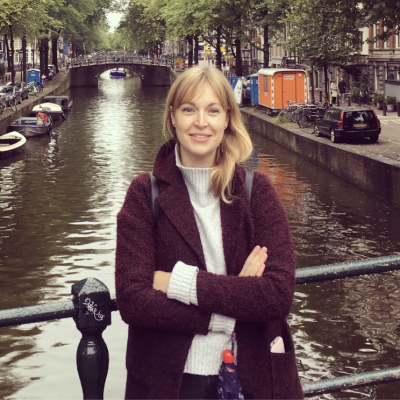
Marijke Anbeek is the Research Project Administrator on the project. Marijke has an additional role as the Project Administrator at the William Harvey Research Institute (the Heart Centre) in the Clinical Pharmacology and Precision Medicine Department at Queen Mary University of London.’
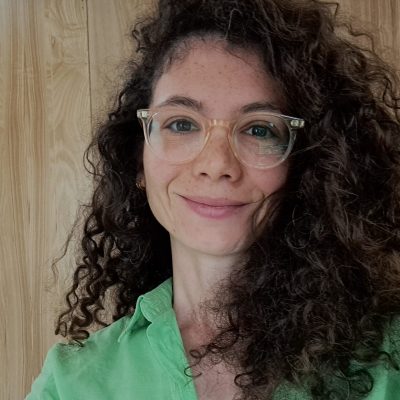
Flo is an Autistic researcher and a research assistant on the project. She has a background in linguistics, computer science, and politics, and is interested in how language and media can perpetuate or challenge social inequalities.
Her PhD, completed in early 2024, explored how racism and diversity are represented in popular culture, particularly after the Black Lives Matter uprisings in the summer of 2020.
Steering group
We are pleased to be working with a steering board of young autistic people throughout the project’s planning, analysis and dissemination stages.

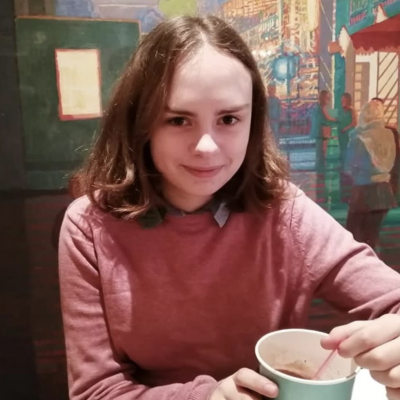
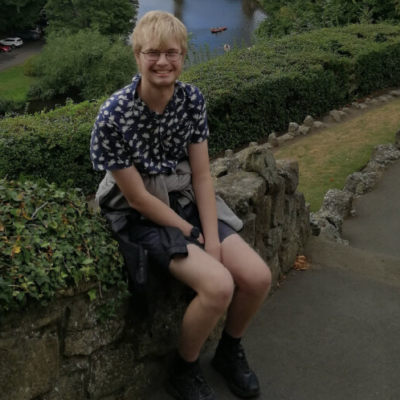
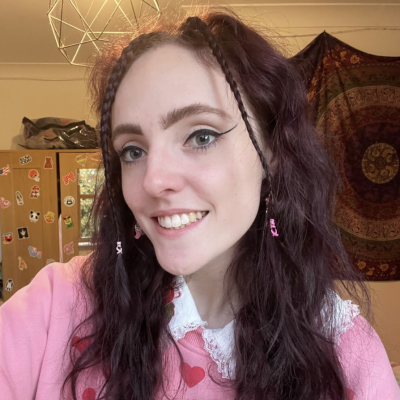
Advisory Board
As well as the project team, we are joined by an Advisory Board of third sector partners and academics – researchers in the fields of autism studies, linguistics, childhood studies, media studies, and social psychology.
Evidence and Research Manager, National Autistic Society (NAS). Her role at NAS is to produce evidence-based information on autism-related topics and support research projects such as this one, particularly around involvement of autistic people. The National Autistic Society aims to create a society that works for autistic people, as set out in Moonshot vision, and supports research which aligns with their values and focuses on topics that matter to autistic people and their families. Anoushka is excited to be involved in this project and also has two autistic children.
CEO of Autistic Girls Network , a neurodivergent led and neurodiversity-affirming charity supporting autistic girls and non-binary young people and campaigning for earlier diagnosis. Cathy is a neurodivergent mum to neurodivergent children, author of Nurturing Your Autistic Young Person and has a MEd in Special Education (Autism).
Senior Lecturer in Applied Linguistics at Goldsmiths, University of London. Her research interests relate to aspects of English diversity and multilingualism in the areas of Medical Humanities, English as a Lingua Franca and Linguistic justice. She is Editor in Chief of the ELT Journal and Director of the Centre for Multilingualism with English.
Postdoctoral research associate in the Narrative Practices Lab at the School of Education and Institute for Medical Humanities, University of Durham. Her work focuses on how neurological/developmental differences and mental health conditions are constructed by scientists and how they are experienced by individuals.
Senior Lecturer in Social Psychology at the School of Biological and Behavioural Sciences, Queen Mary University of London. Her work examines the implications of social connections (broadly defined), and related identities, for behaviour, health, and well-being. This work has been funded by the UKRI (AHRC, EPSRC, ESRC), Arts Council England, and The Richard Benjamin Trust.
Professor of Children’s Literature and Childhood Culture and directs Queen Mary University of London’s Centre for Childhood Cultures. Her work brings children’s literature studies into dialogue with a range of other fields including classics, postcolonial studies, fashion and music.



